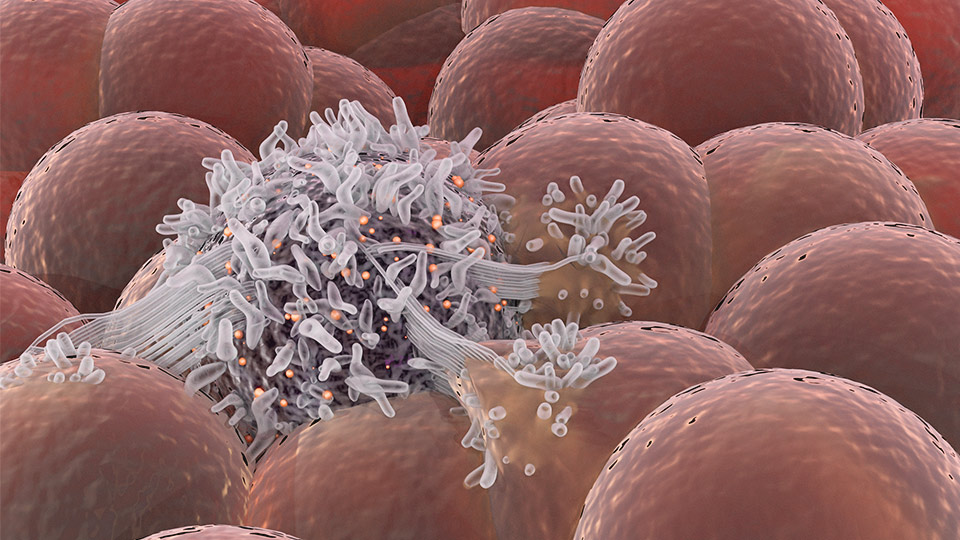By: Jeff Dionot
Cancer comes in many forms: breast cancer is on the mind for many women; impaired bodily functions in men could point to prostate cancer; and long-term exposure to airborne irritants could pave the way to lung cancer, considered by many to be the worst type of cancer. While there still is no end-all be-all cure, there are multiple preventable measures that could stunt or even prevent cancer entirely. This post will take a look at how limiting sugar in your system can also limit cancer.
Every cell in a person’s body uses blood sugar (or glucose) for energy. A person’s glucose levels depend on their diet which will have an effect as to how their body will develop. A balanced amount leads to a healthier lifestyle; a high amount could lead to a number of physical issues such as fatigue, headaches, and sores; out of control amounts may lead to hyperglycemia or even type 2 diabetes (which 10% of Americans suffer from). Glucose is the basic form of all carbs, so other sugars such as fructose (sugars commonly found in fruit) and lactose (sugars commonly found in milk) end up being converted into glucose. If for some reason there’s no carbohydrates in our diet, cells can turn fat and protein into glucose as a last resort, because they need glucose to survive. Glucose, in short, is the main fuel for our body.
According to WebMD, cancer cells use up 20 times the amount of glucose than normal cells. Cancer cells already multiply around the body faster than expected, but add more sugar than necessary to the situation and the cells proliferate like wildfire. Tumors that once grew slowly now enlarge at an expedited rate when confronted with higher levels of glucose. Cancer researcher Lewis Cantley, PhD, writes that certain cancers may begin with higher levels of insulin, the hormone that controls glucose in the body. When more sugar enters a person’s system, their pancreas secretes more insulin to confront it and break it down. Higher blood insulin may also lead to higher risk of cancer (prostate cancer incidence is 2.55-fold greater in men with the highest blood insulin levels).
That’s not to say that all carbohydrates should be shunned for fear of getting a negative prognosis from your doctor. A plate of pasta or bowl of rice won’t send you straight to death’s door, but unnecessary sugars should be avoided whenever possible. Of Healthline’s “Top Six Cancer Causing Foods”, processed sugars (sugar-sweetened beverages, candies, sugary cereals) are included. Too much added and processed sugars increase the proclivity for type 2 diabetes and obesity whose inflammatory and stressful conditions threaten to develop multiple forms of cancer.
As in most cases, the solution lies in the decisions of the consumer. Eschew sugary foods for healthier alternatives, like whole grains, and put that catabolized energy to use in the form of exercise instead of living a sedentary lifestyle. A person is what they eat but also how they treat their body; if one disparages their physical care, their body will give an appropriate, harmful, and even deadly response.
Sources:
6 Foods That May Increase Your Risk of Cancer
Cancer and Sugar: Is There a Link?
Deadliest, Most Common Cancers Get the Least Attention in U.S.





